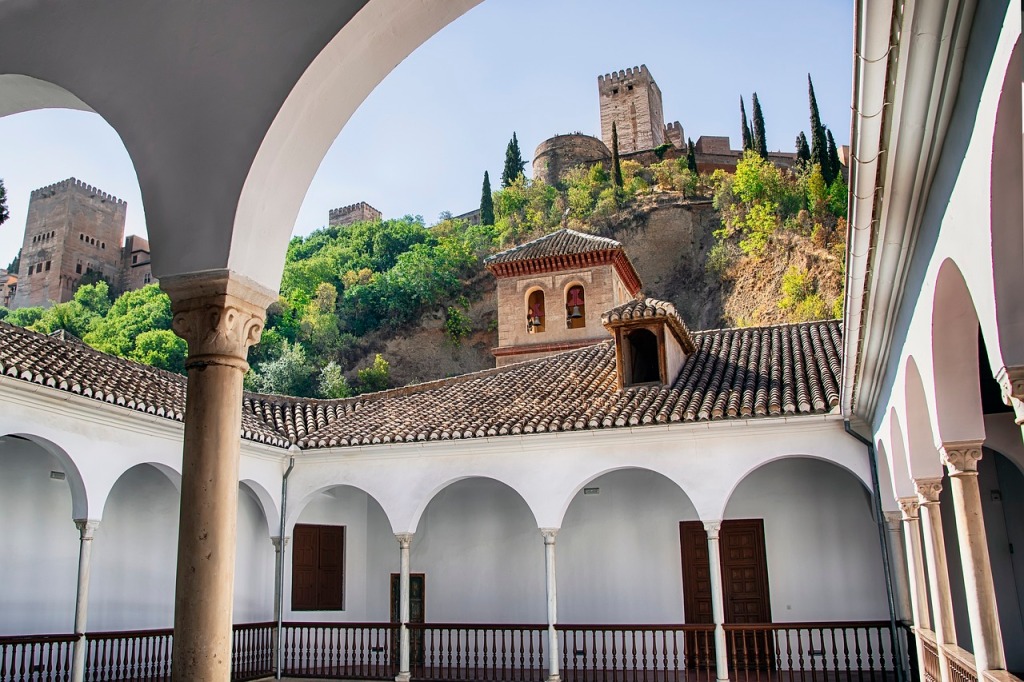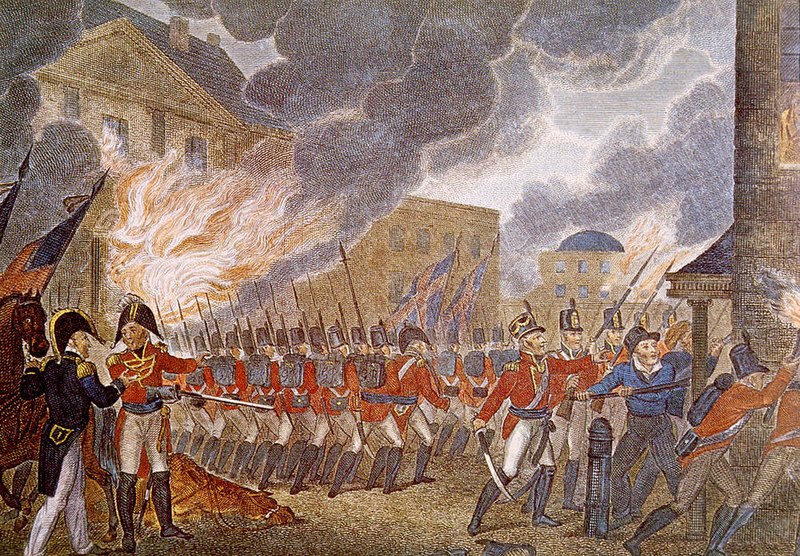
A reader has asked me to provide my thoughts on what topics would be suitable for the homeschooling of his precocious eight-year-old daughter. I thought I would take the opportunity to expound at some length on what would be a suitable course of study for any student of any age, male or female, seeking to furnish himself or herself with the seeds of a solid and enduring education.
Continue reading









You must be logged in to post a comment.